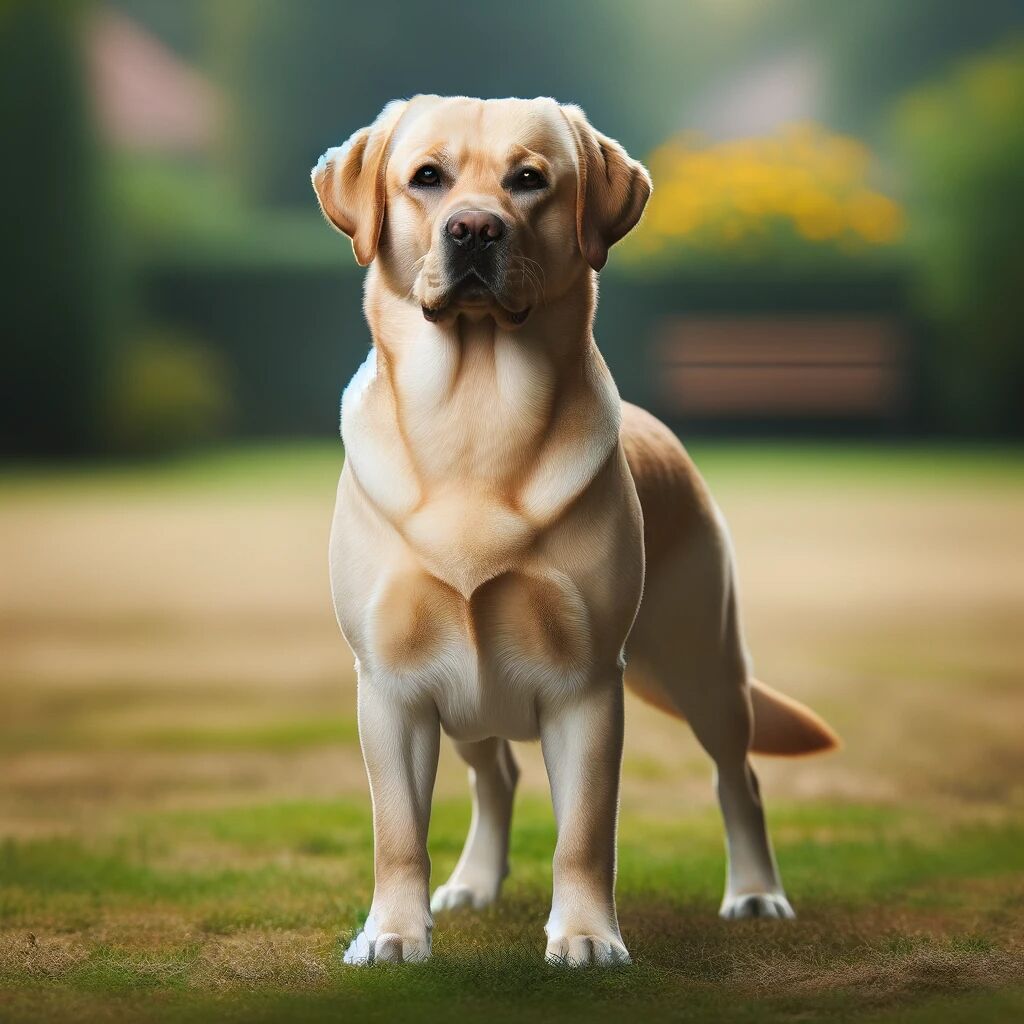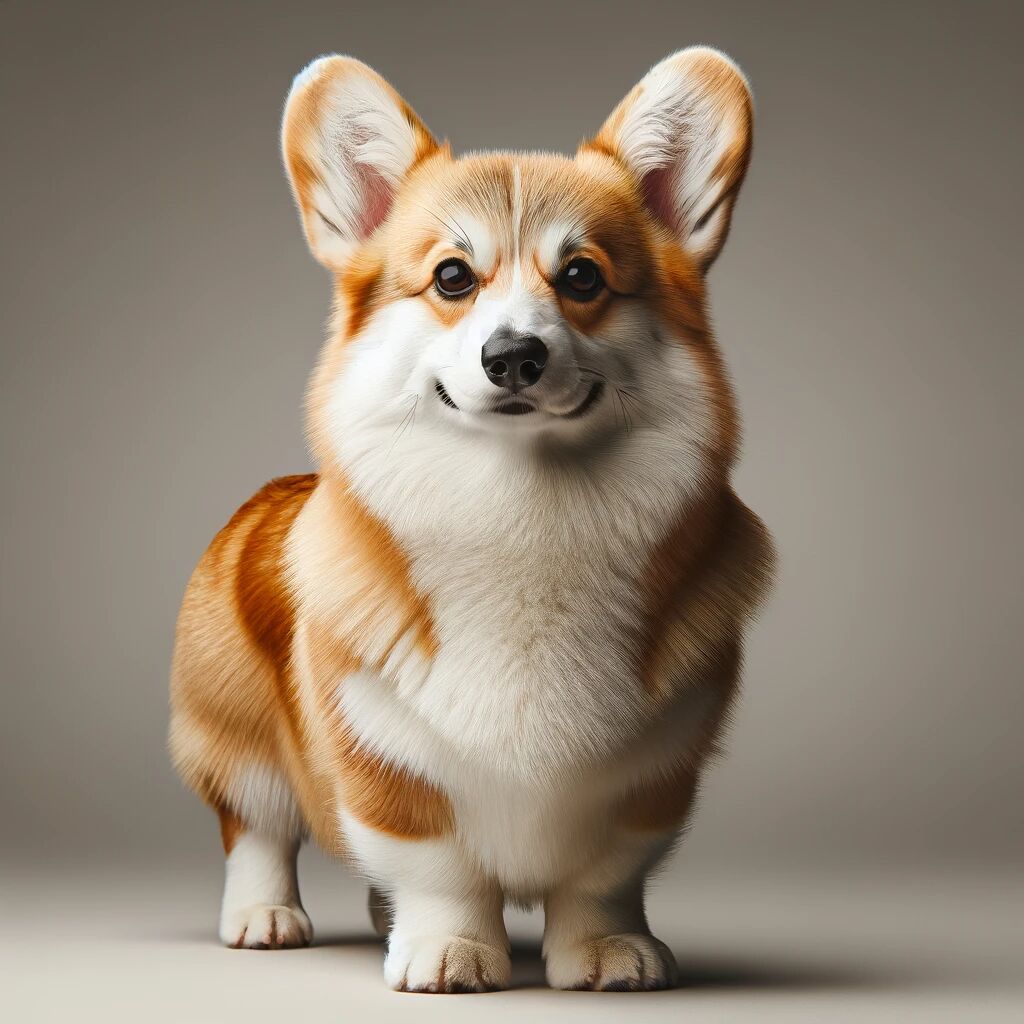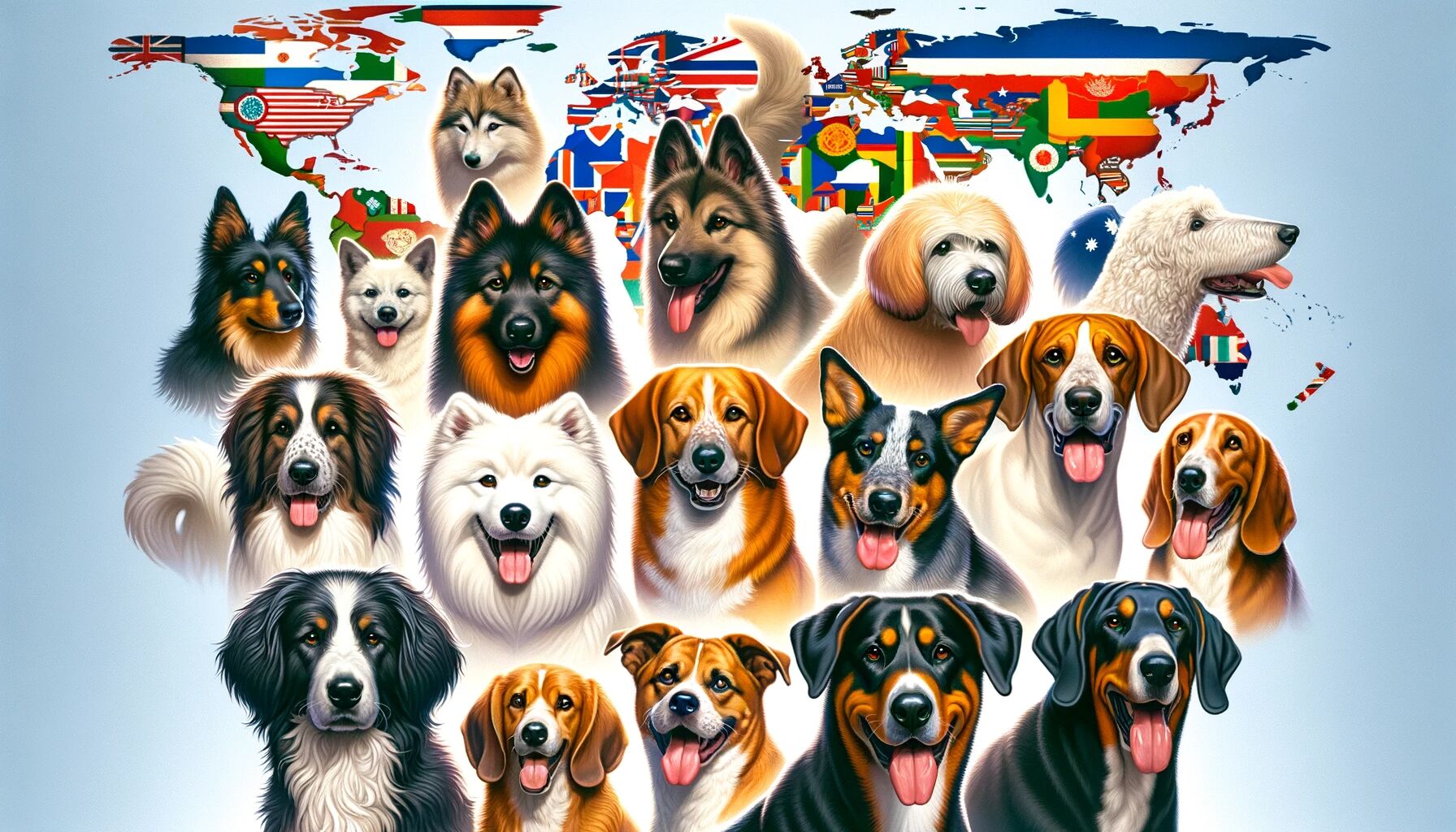Labrador Retriever vs Pembroke Welsh Corgi: Choosing the Right Companion for You
Discover the unique qualities and differences between the Labrador Retriever and Pembroke Welsh Corgi breeds.
Welcome to our detailed comparison of the Labrador Retriever and Pembroke Welsh Corgi. Whether you're considering which breed to welcome into your home or simply curious about their differences, this guide offers an in-depth look at their characteristics, temperaments, and care needs.

Labrador Retriever

Pembroke Welsh Corgi
Comparing Labrador Retriever and Pembroke Welsh Corgi: A Detailed Overview
When considering the Labrador Retriever and the Pembroke Welsh Corgi, we find unique and intriguing differences and similarities. Both breeds have their distinctive charm and characteristics, making them beloved by many.
Both the Labrador Retriever and the Pembroke Welsh Corgi showcase very high energy levels, making them ideal for owners who appreciate an active lifestyle.
Both breeds have a moderate shedding level, which is an essential aspect to consider for home cleanliness.
Both the Labrador Retriever and the Pembroke Welsh Corgi require moderate grooming, making their care needs somewhat similar.
The Labrador Retriever is excellent to train, which contrasts with the Pembroke Welsh Corgi's above average training experience.
Neither the Labrador Retriever nor the Pembroke Welsh Corgi are recommended for families with children, requiring more careful consideration for households with young members.
Both breeds are not hypoallergenic, which is an important factor for owners with allergies.
The Labrador Retriever is categorized as a Medium to Large breed, which contrasts with the Pembroke Welsh Corgi, a Small breed, highlighting their physical differences.
The expected lifespan of the Labrador Retriever is 10-12 years, which differs from the Pembroke Welsh Corgi that generally lives for 12-14 years years.
Concluding, the Labrador Retriever and Pembroke Welsh Corgi each offer unique qualities and advantages. Your final choice should reflect your personal lifestyle, home environment, and the qualities you value most in a canine companion.
Comparative Overview
| Feature |
 Labrador Retriever
Labrador Retriever
|
 Pembroke Welsh Corgi
Pembroke Welsh Corgi
|
|---|---|---|
| Size | Medium to Large | Small |
| Lifespan | 10-12 years | 12-14 years |
| Temperament | Outgoing, Even Tempered, Gentle | Intelligent, Affectionate, Active |
| Energy Level | very high | very high |
| Shedding Level | moderate | moderate |
| Grooming Needs | moderate | moderate |
| Trainability | excellent | above average |
| Good with Children | okay | okay |
| Hair Length | Short | Medium |
| Hair Type | Smooth | Straight |
| Hypoallergenic | not hypoallergenic | not hypoallergenic |
| Food Requirements | Labradors have hearty appetites and tend to love food. They benefit from high-quality, well-balanced commercial dog food that supports their energy levels. It's important to monitor their food intake and weight, as they can be prone to obesity. | Well-balanced diet suitable for small, active dogs. Be mindful of their portion sizes to avoid obesity. |
Conclusion
Both the Labrador Retriever and Pembroke Welsh Corgi have unique qualities that make them beloved by many. Choosing the right breed depends on your lifestyle, space, and the time you can dedicate to grooming, training, and exercise. Consider all aspects to find the perfect furry companion for your home.
Test your knowledge
 Breeds of the World
Breeds of the World